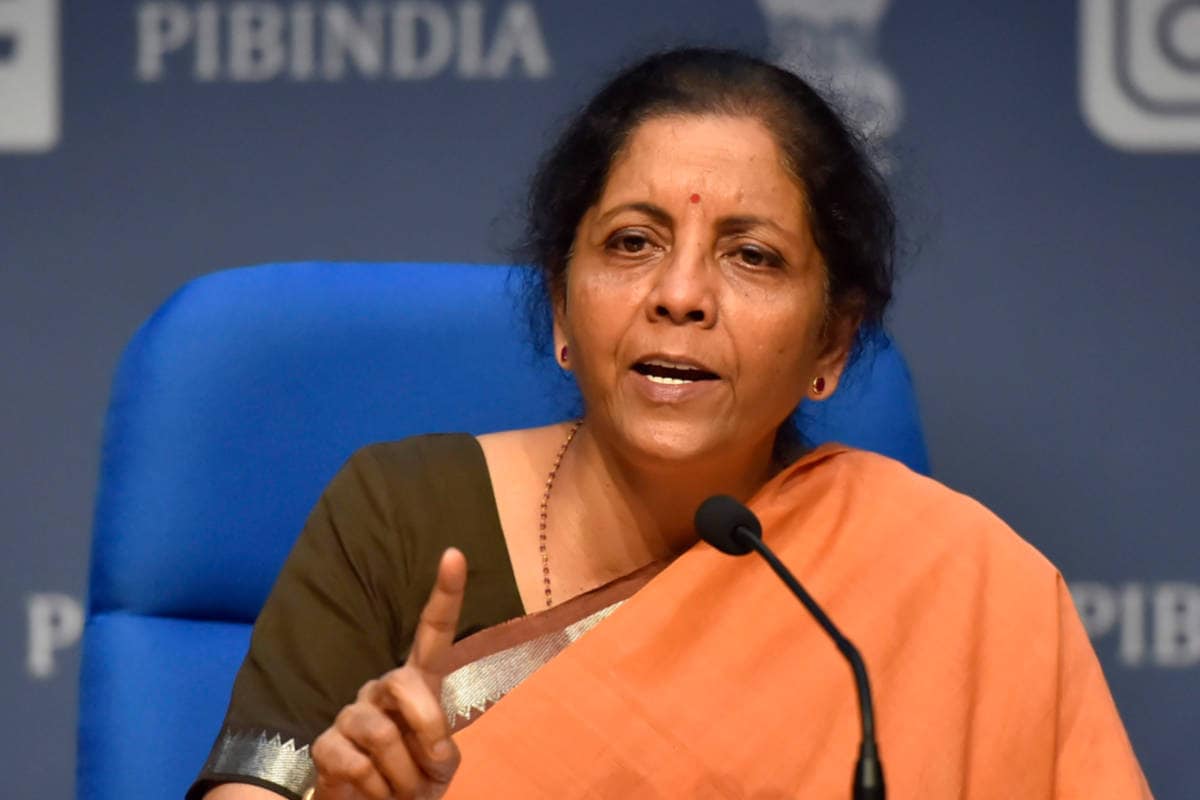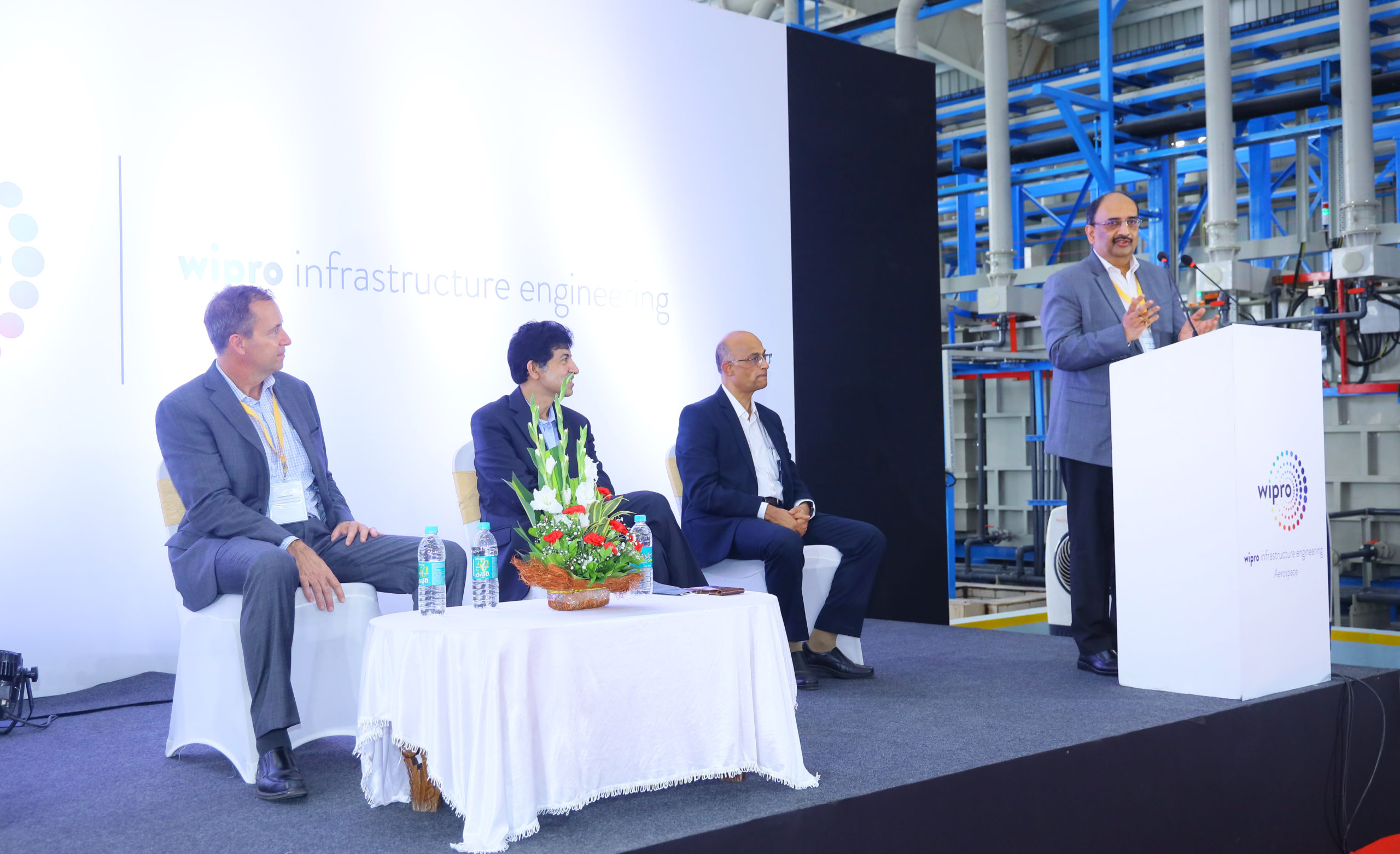After Vodafone and Cairn Energy setbacks, the central government on Thursday moved to end retrospective tax by amending Income Tax Act.
Finance Minister Nirmala Sitharaman introduced The Taxation Laws (Amendment) Bill, 2021 in the Lok Sabha, which seeks to withdraw tax demands made on indirect transfer of Indian assets prior to May 28, 2012.
The government also proposed to refund the amount paid in these cases without any interest thereon. Tax raised for the indirect transfer of Indian assets before May 2012 would be “nullified on fulfillment of specified conditions” such as the withdrawal of pending litigation and an undertaking that no damages claims would be filed, a government statement said.
This Bill impacts retro tax cases of at least two big companies — Cairn Energy Plc and Vodafone Group of UK. Both firms had won international arbitrations against levy of retrospective taxes on them.
“Bill proposes to amend IT Act, so as to provide that no tax demand shall be raised in future on basis of said retrospective amendment for any indirect transfer of Indian assets if transaction before 28th May, 2012,” said government.
In the past few years, the government satd that major reforms have been initiated in the financial and infrastructure sector which has created a positive environment for investment in the country.
“However, this retrospective clarificatory amendment and consequent demand created in a few cases continues to be a sore point with potential investors. The country today stands at a juncture when quick recovery of the economy after the COVID-19 pandemic is the need of the hour and foreign investment has an important role to play in promoting faster economic growth and employment,” government further said.
Tarun Bajaj, revenue secretary at the finance ministry, said this decision helps to clarify government position with the investors. “It would help solve pending cases with Cairn Energy and Vodafone if they withdraw litigation and meet certain conditions,” said Tarun Bajaj.
Commenting on the government of India amends Income Tax Act, retro tax demands nullified, J Sagar Associates Kumarmanglam Vijay said the government of India has decided not to raise any tax demand arising from indirect transfer of assets in India prior to May 28, 2012 when Finance Bill 2012 received presidential assent.
“Any existing demands are also proposed to be nullified subject to withdrawal of pending litigation and the taxpayer agreeing to forego interest, costs and damages. Refunds too shall be handed out without interest. This is indeed a very pragmatic step by the Government and should help it contain the widespread litigation in cases similar to Vodafone and Cairn. A worthy battle to lose,” said Kumarmanglam Vijay.
EY Tax Partner Pranav Sayta said this is a welcome step. “It recognises the importance of certainty in tax laws which is a key factor in ensuring confidence in India as an attractive investment destination. The step could help restore India’s reputation as a fair and predictable regime apart from helping put an end to unnecessary, prolonged and expensive litigation,” said Pranav Sayta.
In 2012, after the Supreme Court ruled that the Vodafone Group’s interpretation of the Income-Tax Act of 1961 was correct, and that it did not have to pay any taxes on the stake purchase, then Finance Minister Pranab Mukherjee circumvented the ruling by proposing an amendment to the Finance Act, which gave the I-T Department power to retrospectively tax such deals.
The Act was passed by Parliament that year, and the onus of paying the tax fell back on Vodafone. The same Act was used to tax Cairn Energy Plc’s transfer of shares as well.
Shardul Amarchand Mangaldas & Co Partner Amit Singhania said the Ordinance introduced by Government is a welcome step in resolving the pending disputes at various forums including international forum.
“With the introduction of taxation of indirect transfers with retrospective effect in 2012, the tax department reopened the assessment in few cases citing the said retrospective amendments. The said cases had been pending in different high courts and in some cases in arbitration. Now with this Ordinance, the tax department will not treat the said assesses as in default provided the pending litigation is withdrawn. This effectively resolves the dispute,” said Amit Singhania.
An international arbitration tribunal in The Hague last year ruled that India’s imposition of a tax liability on Vodafone, as well as interest and penalties, breached of an investment treaty agreement between India and the Netherlands.
Cairn, a Scottish firm, invested in the oil and gas sector in India in 1994 and a decade later it made a huge oil discovery in Rajasthan. In 2006 it listed its Indian assets on the BSE. Five years after that the government passed a retroactive tax law and billed Cairn Rs 10,247 crore plus interest and penalty for the reorganisation tied to the flotation.
The state then expropriated and liquidated Cairn’s remaining shares in the Indian entity, seized dividends and withheld tax refunds to recover a part of the demand.
Cairn challenged the move before an arbitration tribunal in The Hague, which in December awarded it $1.2 billion (over Rs 8,800 crore) plus costs and interest, which totals $1.725 million (Rs 12,600 crore) as of December 2020.
The company, which previously said the ruling was binding and enforceable under international treaty law, has been since then courting Indian government officials to get the money paid. But the government has not agreed to pay.





